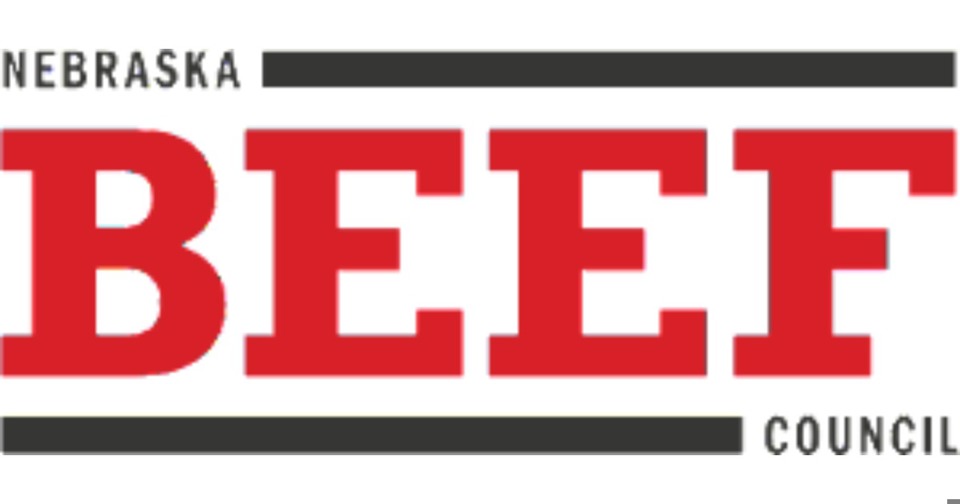Investigating the Effects of Beef Consumption on Brain Health

Kearney, NE (August 5, 2024) – The Nebraska Beef Council is committed to advancing our understanding of the nutritional impact of beef. To that end, a new study led by a team of scientists at the University of Nebraska-Lincoln, including renowned neuroscientist and director of the Center for Brain, Biology and Behavior, Dr. Aron Barbey and graduate student Jisheng Wu, is investigating the potential link between beef consumption and brain health. The Department of Animal Science and Loeffel Meat Lab will be collaborating on the project providing beef to the study participants.
Beef is a cornerstone of the American diet. Yet, the precise effects of beef consumption on brain function remain largely unexplored. This study aims to shed light on this critical area by following over 200 college students through a 12-week dietary intervention that varies beef intake. Advanced brain imaging and nutrient biomarker analysis will be employed to assess how different levels of beef consumption influence brain health.
“Nutrition is fundamental to our overall health, and the brain is no exception,” emphasized Dr. Barbey. “Given the prominence of beef in the American diet, understanding its potential impact on the brain is essential.”
Unlike previous research that relied on participants' self-reported dietary intake, this study will employ modern scientific methods to precisely quantify nutrient consumption through blood-based biomarkers, combined with state-of-the-art MRI to assess brain health. This multidisciplinary approach will enable researchers to advance our understanding of how dietary patterns, including beef consumption, influence cognitive function and brain health.
The study, supported by the Nebraska Beef Council, the Texas Beef Council, and the National Cattlemen’s Beef Association, a contractor to the Beef Checkoff, is set to begin in Fall 2024.
